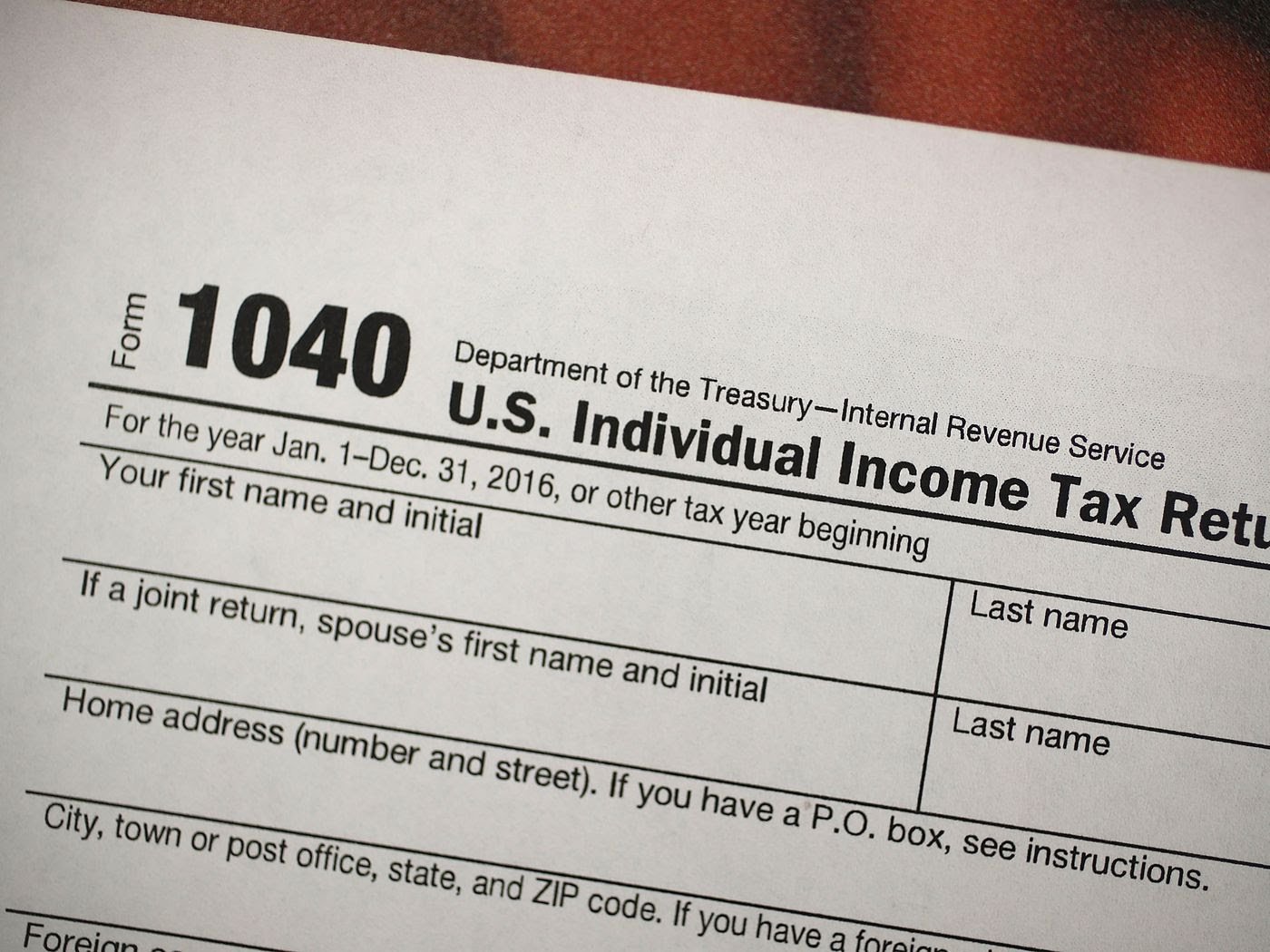The government shutdown’s effect on tax returns and refunds, explained The short of it: You can file a tax return, but don’t expect a refund soon.

It’s tax filing season. But the federal government is now shut down after a debate over immigration got in the way of Congress passing a spending deal. So how will this affect your tax returns and refunds?
The short version: You can still mail in your tax returns or submit them online. And if the federal government shutdown only lasts a few days (and ends, specifically, before January 29), there shouldn’t be a noticeable effect on getting your tax refund or any other processing. That’s because the IRS wasn’t planning to accept tax returns until January 29, anyway.
But if the shutdown drags on longer, there could be delays and other serious problems at the IRS. So if you plan to rely on your tax refund for a big January or February purchase, you may want to hold off.
The long version: As part of the federal government shutdown, the IRS will retain less than half of its workforce — or a little more than 35,000 people, according to a contingency plan.
That will let the IRS continue some operations in the short term. Some examples: processing electronic returns, processing returns with payments, mailing tax forms, appeals, civil and criminal cases, criminal investigations, and some technical work to make sure computer systems remain up and running.
So you will be able to mail in your tax returns or submit them online — whatever you prefer.
But depending on how long the shutdown lasts, there could be some problems.
First, tax refunds will stop being issued. Now, this shouldn’t affect most taxpayers unless the shutdown drags on. Although the IRS considers tax filing season to run between January 1 and April 30, it wasn’t planning to accept 2017 tax returns until January 29, according to CNN.
So if the shutdown ends before then, there shouldn’t be a big impact on getting people’s 2017 tax refunds issued. If the shutdown lasts beyond January 29, expect delays on those refunds (since, after all, the government will be running out of cash).
One group that could be affected: those still waiting on tax refunds from before 2017. As long as the government remains closed down, don’t expect to get those refunds.
Meanwhile, the IRS will also stop several other functions: audits, return examinations, non-automated collections, and 1040X processing, among other operations. (For a full list, check out the IRS’s contingency plan.)
One other area in which the IRS may have problems is implementing the 2017 tax plan passed by Republicans in Congress and signed by President Donald Trump. National Taxpayer Advocate Nina Olson had already told Congress earlier this year that the IRS needed more money to implement the law. A shutdown will likely make the problem worse, though, as with other possible problems, it shouldn’t get too bad unless the shutdown continues for long.
That’s the big caveat to all of this: The longer the shutdown goes on for, the worse problems will get. In particular, the IRS has indicated that if the shutdown lasts longer than five days, there could be changes in its plan.
People tell what you would like me to do For you